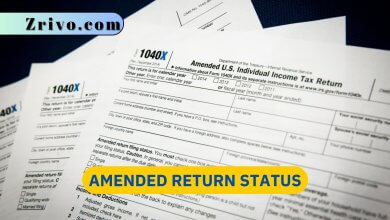Florida Self-Employment Tax 2023 - 2024
Sole proprietors, freelancers, and one-person LLCs pay self-employment tax in Florida. However, Florida does not impose a state income tax on individuals.

Self-employment taxes are a form of federal income tax on the profits of self-employed individuals. If you’re a freelancer or gig worker in Florida, it’s important to know that you have to pay self-employment tax. This combination of Social Security and Medicare taxes applies to your net earnings. For 2024, the total self-employment tax rate is 15.3%. A maximum amount of net earnings is subject to Social Security tax, which may change annually. Unlike the payroll taxes withheld from wage earners’ paychecks, self-employment tax is paid by you and you alone. It consists of a 12.4% Social Security tax and a 2.9% Medicare tax on net earnings. SE tax is similar to the FICA taxes that employers withhold from their employees’ paychecks. The only difference is that the self-employed must pay this tax on their own.
Self-employed workers also need to collect and pay sales tax on the goods and services they sell. The state sales tax rate is 6%, but local taxes can range from 0% to 1.5%. Some items, such as fuel, cell phones, alcohol, and cigarettes, are taxed at a higher rate. Taxpayers can check the Florida Department of Revenue’s website to find out more about specific sales tax rates.

How to Calculate Florida Self-Employment Tax?
To calculate your SE tax, start by finding your net earnings from self-employment. You can do this by subtracting your business expenses from your total income. This calculation is usually done using IRS Form 1040, Schedule C, which is filled out by sole proprietors, independent contractors, and other small business owners. Generally, one-half of your SE tax is an above-the-line deduction when you file your federal income tax return. This deduction is used to reduce the amount of Social Security and Medicare taxes you owe.
In addition to the Social Security and Medicare taxes, freelancers and other self-employed people may be subject to additional state and local taxes. For example, in Florida, sales tax applies to the sale of certain items like fuel, cell phones, and alcohol.
Filing Schedule C as Freelancer
You must file Schedule C as part of your federal income tax return if you are a freelancer, independent contractor, or small business owner. It is also a good idea to make estimated tax payments quarterly, which can help you avoid owing too much at the end of the year. These payments can be made electronically or by mailing in blank vouchers from Publication 505, Tax Withholding and Estimated Taxes.
The IRS requires you to pay your self-employment tax four times a year, or you might be penalized. The due date for making a payment is usually the 15th of each quarter, but it can be moved up or down by a few days to avoid conflicts with other filing and payment deadlines.





